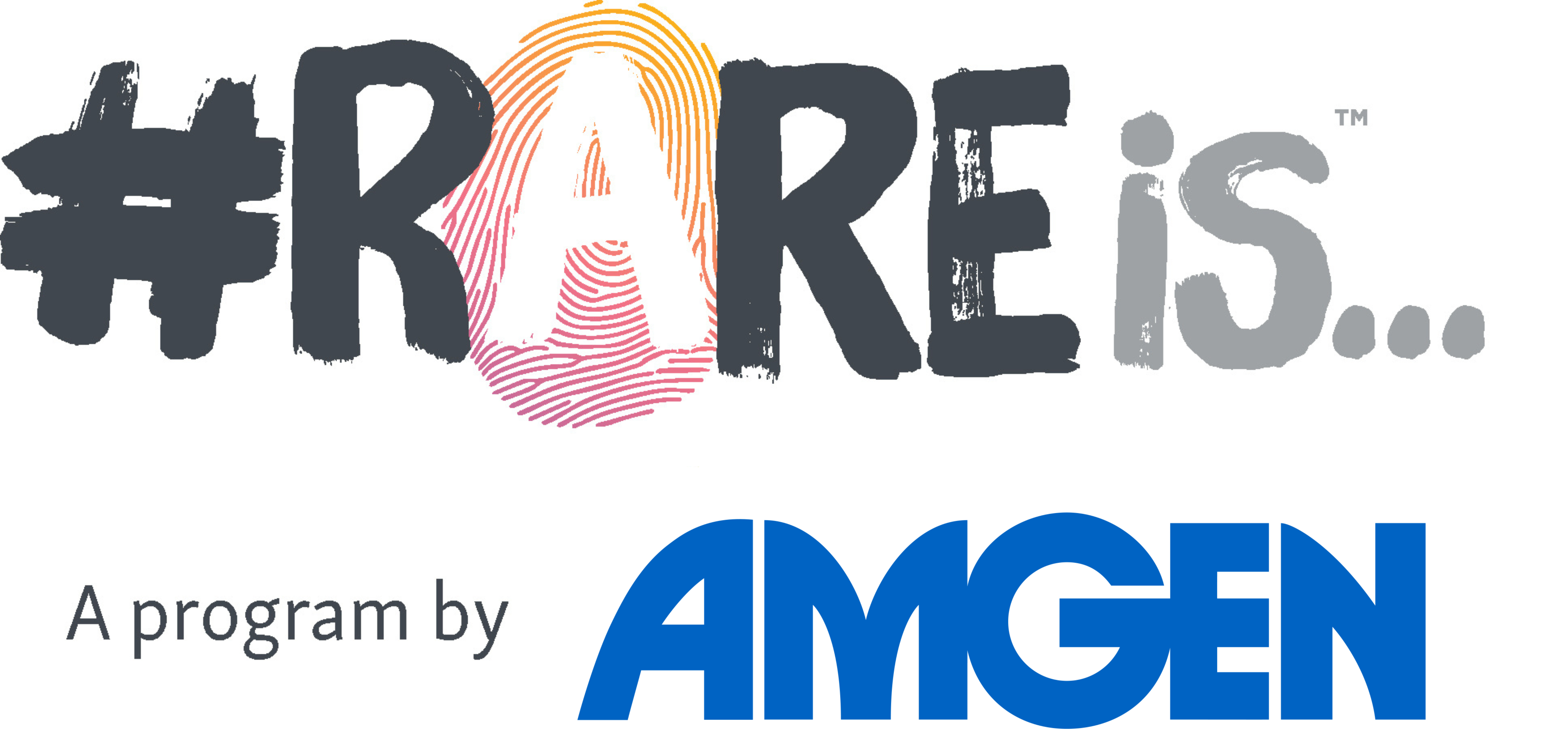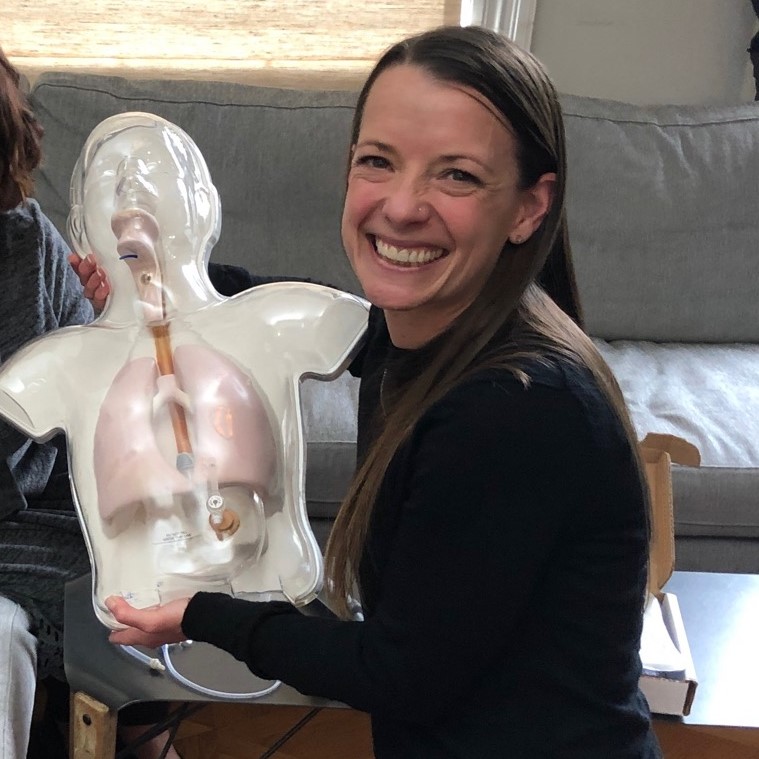Living with a rare disease can mean that many people aren’t aware of the disease and many don’t understand what you’re going through or the pain you’re dealing with. That feeling of not being understood is challenging and exhausting. In the rare disease community, some see this challenge as a chance to make a life-changing impact.
Meet Molly, a patient access manager at Horizon Therapeutics. She is one of the many people working for those living with rare diseases and striving to affect positive change for the community.
Get to know Molly
From a young age, Molly was called to help others and knew her life’s mission was to make a difference. Molly’s path led her to a Master’s degree in maternal child health and social work and eventually to become a medical social worker in pediatric nephrology at Stanford University. Throughout her eight years in this role, Molly helped children living with a variety of kidney issues and over time she specialized in one community. It was this community, the cystinosis community, which would draw her to her next role.
What is a patient access manager?
A patient access manager strives to help people living with a rare disease with the complexities of the healthcare system and provide support along the journey. Think of a patient access manager as a personal navigator on things like insurance, financial assistance, life transitions and getting connected to the community. People who work as a patient access manager, like Molly, often provide information and support for people as they adjust to life with a rare disease – this can be everything from learning to cope with a new diagnosis to learning how to manage going to school or work.
What does Molly do, and what inspires her?
Molly understands that living with a rare disease comes with many concerns outside of medicine. She believes that there is a social impact that comes with living with a rare disease, and helping people navigate that is important. Though Molly may not live with a rare disease, she spends a lot of time listening, learning and striving to understand the challenges that exists for each person. Knowing that, even in small ways, her help may make the journey and the range of challenges a little easier is what fuels her passion to work relentlessly for families. For example, she has worked with several high school students on learning to take over their care when they went to college and she has been able to share tips from this with other teenagers and make their transition a little smoother.
Listening, learning and finding ways to help solve problems is what motivates Molly every day. Her hope is to keep connecting families to one another and resources for support. Molly believes that raising awareness remains important because the more people understand, the more they are willing to help.
About cystinosis
Cystinosis is a rare, genetic disease that affects about 500 to 600 children and adults in the United States. It’s caused by a buildup of cystine (amino acid that builds up inside of cells). This buildup causes crystals to form and harm the body. People with cystinosis cannot physically feel the rise in cystine levels. But over time, the buildup of crystals causes damage to every cell and organ in the body. Signs of damage usually start in the kidneys and eyes. Damage cannot be undone but it can be slowed down. The main way to do that is by taking steps to keep cystine levels low. Current treatments for cystinosis are called cystine-depleting therapies, or CDTs. CDTs help keep cystine levels low by removing cystine therefore slowing down damage.
Tell us how you are working in rare. Email connect@horizontherapeutics.com to share your story.

